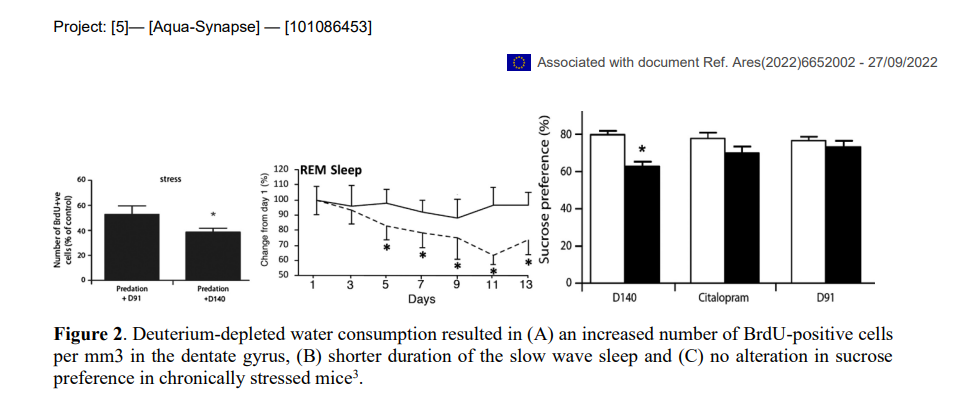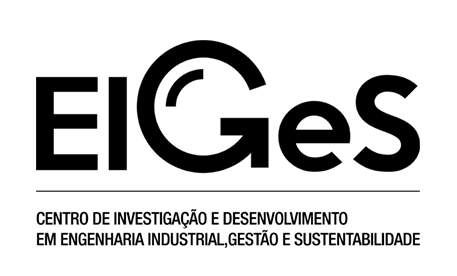Projects
Marie Skłodowska-Curie Actions Staff Exchange (SE) Call: HORIZON-MSCA-SE-2021 | 101086453
Aqua-Synapse 101086453
Innovative Photodetector Module for advanced Hybrid "Magnetic Resonance Imaging/Positron Emission Tomography" Scanners for Nuclear Medicine
Coordinator: Svitlana Lyubchyk, Sergiy Lyubchyk
Starting/Ending date: 01 January, 2023- 30 December, 2026
Duration: 48 months
Partners
- COFAC COOPERATIVA DE FORMACAO E ANIMACAO CULTURAL CRL (ULusofona), Portugal
- UNIVERSITAETSKLINIKUM WUERZBURG - KLINIKUM DER BAYERISCHEN JULIUS-MAXIMILIANS-UNIVERSITAT - KLINIKUM DER BAYERISCHEN JULIUS-MAXIMILIANS-UNIVERSITAT, Germany
- NEUROPLAST BV, Netherlands
- HYD RAKKUTATO ES GYOGYSZERFEJLESZTO KFT, Hungary
- INSTITUTO DE MEDICINA MOLECULAR JOAO LOBO ANTUNES , Portugal
- THE CHANCELLOR, MASTERS AND SCHOLARS OF THE UNIVERSITY OF OXFORD - UOXF, UK
Summary
Core idea of this project is to establish the mechanistic basis for the positive health effects of deuterium depleted water and determine what regimens are most efficacious. Isotope content of drinking water has been shown affect the pathogenesis of cancers to ameliorate the stress response and reduce susceptibility to many diseases, but it remains unclear how the positive biological effects of heavy isotope reduction in drinking water are mediated.
High concentrations of deuterium induce mitochondrial dysfunction, and very high concentrations can induce cell death, but the administration of deuterium at 91 ppm has antidepressant effects that were comparable to that of citalopram in a mouse model of depression. Use of deuterium depleted water appears to represent a safe intervention with few, if any, reported side effects, but it remains unclear at what concentrations the positive metabolic and behavioural effects become apparent. Companies in Europe now sell DDW at different concentrations to the public amidst a plethora of health claims that mostly lack in any sound scientific basis or safety data Thus, there is an urgent need to better understand the impact of DDW on brain and behaviour at a molecular level.
We will use state-of-the art imaging techniques to measure regional metabolic fluxes in the body of animals in healthy individuals throughout life and those subject to stress following the administration of DDW at different concentrations and for different periods. Also we examine how deuterium depletion affects the behaviours of neurons in vitro and electrophysiological levels and in terms of their metabolism. The project is made possible by bringing together a consortium of chemists, cell biologists, pharmacologists, imaging specialists, psychiatrists, and DDW producers for ‘medicinal needs’ in fully translational work packages to discover, in an empiric manner, how the manipulation of metabolic pathways with DDW can be employed for the benefit of human health.






